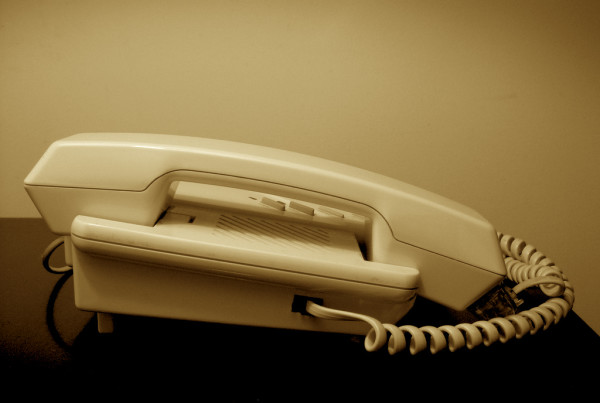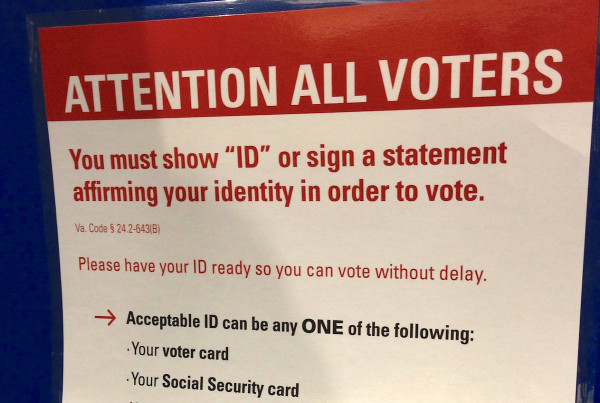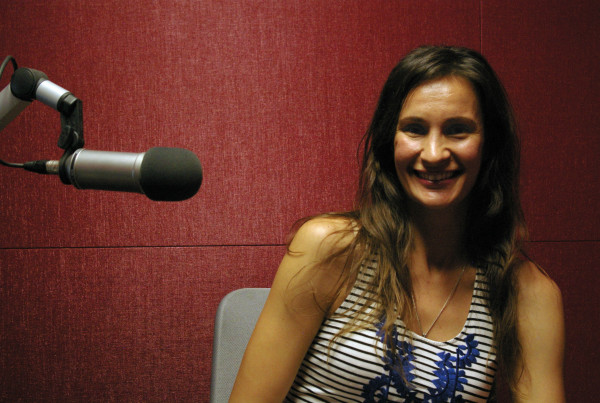Y’all heard of a southern drawl? Everyone has an accent of some sort – some seem to have more than one.
Conservative bloggers have been quick to jump on Clinton’s visits to South Carolina, where she seemed to utilize a folksy southern accent. Lars Hinrichs, a professor of English and Linguistics at the University of Texas at Austin, spoke with the Standard to understand why and how accents change.
On the evolution of accents:
“If you talk to people who are older than say 50…from smaller rural communities, you hear them tell you stories such as, “I could never get rid of this accent. I tried, but I could never get rid of it” like it’s a given that you want to get rid of it. Nowadays, people grow up not really sounding very local, but they can. That’s the difference. People grow up with the ability to switch between a sort of mainstream super-regional accent and a local sounding accent.”
On accents as a social tool:
“It becomes part of style…something you can almost wear like a black shirt or a hat. It becomes a way of fitting into situations or maybe even achieving certain objectives and interactions. A southern accent is often read, especially by northerners but really by people around the country, as hospital, warm, kind. Whereas northern accents, the positive attributes are: sharp, official sounding, educated.”
On slipping back into an accent without even realizing it:
“Converging with people can happen really automatically. There’s a natural tendency to adjust your speech to the way that you perceive the person you’re talking to. It’s expected in any interaction if both speakers have a similar repertoire of accents. Two southerners probably both have a range from a more standard way of speaking to a more local way of speaking. They will adjust to the level of localness or vernacularity.”
On Hillary Clinton’s southern flair:
“The difficult part comes with someone like Hillary Clinton, who didn’t grow up in the South, goes South. She was [early thirties] when she became first lady [of Arkansas]. So that’s way beyond the period in life where you can expect first dialect acquisition. She met Bill at Yale which is not in the South. She was well into adulthood when she moved to Arkansas.”
On adopting an accent later in life:
“Typically…[that’s too old to acquire an accent] but there is a thing called second dialect acquisition which can occur at any point in life depending on your environment and your talent. Women are typically more talented at language things than men are. I haven’t heard her really speak privately obviously to a southern. I don’t know how far she can take it, how informal she can get, and…her expressions. What we heard publicly is mostly the accent and the use of y’all here and there, but that’s not really full native competence. Anyone can say ‘y’all’.”
















